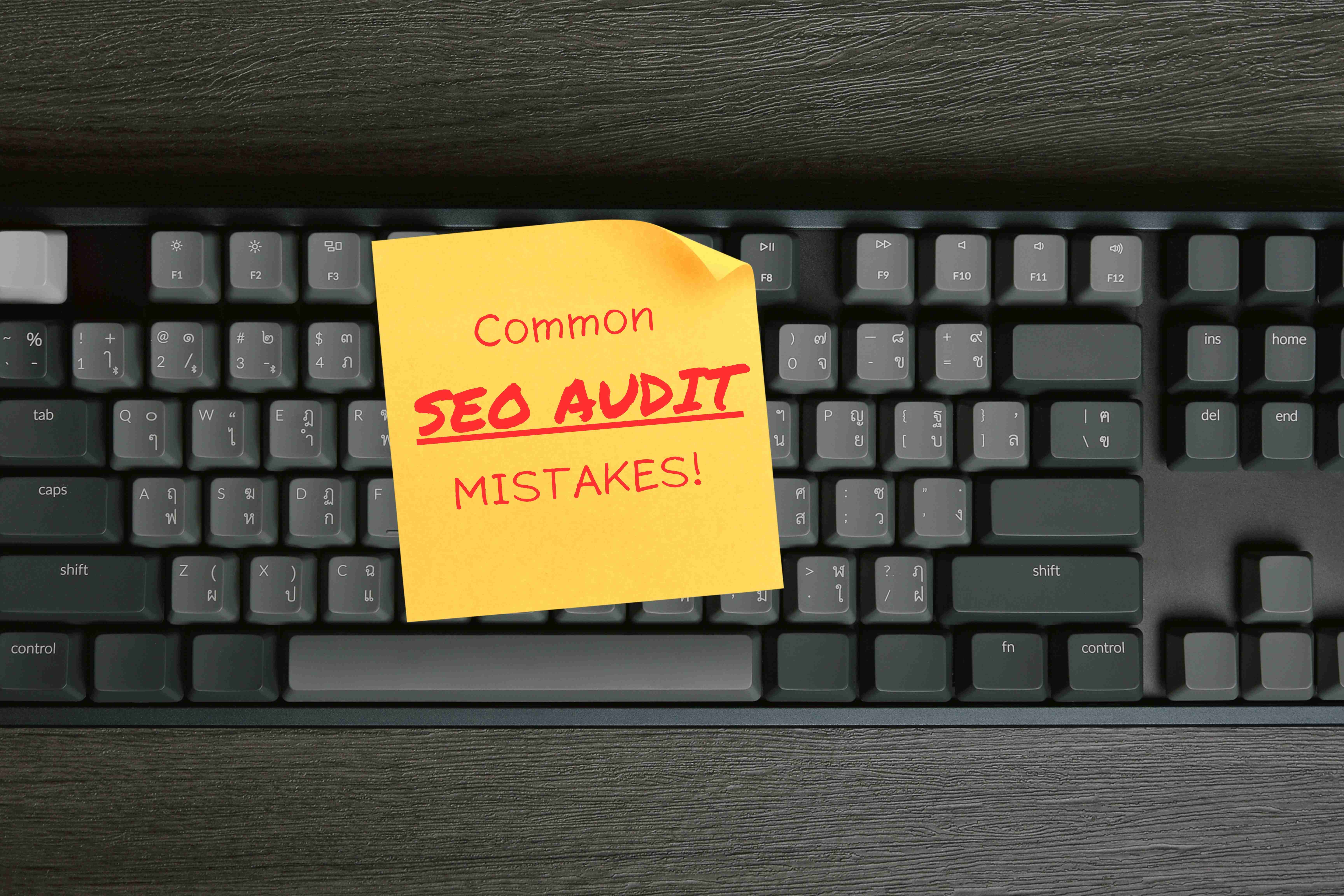An SEO audit is an essential part of improving your website’s search engine performance and driving more organic traffic. However, even well-intentioned audits can fall short if common mistakes are made. For business owners aiming to enhance their online visibility, understanding these pitfalls—and knowing how to fix them—can make a big difference in SEO success. This article will explore the most frequent SEO audit mistakes, practical solutions to address them, and the latest trends to keep in mind.
Table of Contents
- Skipping Technical SEO Analysis
- Neglecting Mobile Optimization
- Ignoring Page Load Speed
- Not Conducting a Thorough Content Audit
- Overlooking Backlink Quality
- Failing to Address Indexing Issues
- Neglecting On-Page SEO Factors
- Conclusion
- About Don Hesh SEO
1. Skipping Technical SEO Analysis
A comprehensive SEO audit should begin with a technical analysis to identify any underlying issues that might be affecting your website’s performance on search engines. Skipping technical SEO checks can lead to an incomplete audit, which might overlook critical areas such as server errors, broken links, or improper indexing.
How to Fix It
- Use Tools: Start with tools like Google Search Console, Screaming Frog, or SEMrush to identify technical issues.
- Check for 404 Errors: Look for any 404 errors or broken links, as these can negatively impact user experience and rankings.
- Review Your XML Sitemap: Ensure your sitemap is properly formatted and submitted to search engines for efficient crawling and indexing.
2. Neglecting Mobile Optimization
With over half of global internet traffic coming from mobile devices, optimizing for mobile is essential. Failing to review mobile performance during an audit can result in missed opportunities, as Google now prioritizes mobile-friendly websites in its rankings.
How to Fix It
- Use Google’s Mobile-Friendly Test: This tool will show you how your website performs on mobile and provide recommendations for improvement.
- Optimize for Speed: Compress images, use responsive design, and reduce unnecessary code to improve mobile load times.
- Check Font and Button Sizes: Ensure all buttons and text are easy to tap and read on smaller screens.
3. Ignoring Page Load Speed
Page load speed is a critical ranking factor, yet many audits overlook it. A slow-loading website can lead to higher bounce rates and a lower ranking on search engine results pages (SERPs).
How to Fix It
- Use Page Speed Insights: Google’s PageSpeed Insights provides a detailed breakdown of areas that affect load time, such as image optimization, server response time, and render-blocking resources.
- Optimize Images: Compress images, use next-gen formats like WebP, and consider lazy loading for faster load times.
- Leverage Browser Caching: Store frequently used assets in the user’s browser cache to reduce load time for repeat visits.
4. Not Conducting a Thorough Content Audit
Content is the cornerstone of SEO, yet many audits focus only on technical factors and neglect a thorough content review. Failing to analyze and optimize existing content can prevent you from identifying opportunities to update, repurpose, or expand your site’s content to meet current user intent.
How to Fix It
- Use Analytics Tools: Google Analytics and SEMrush Content Audit tools can help you analyze performance metrics, such as page views and bounce rates, to assess content effectiveness.
- Identify Low-Performing Content: Update outdated content, add fresh information, or improve the quality of low-performing pages.
- Focus on Keyword Relevance: Ensure each page aligns with relevant keywords and user intent to enhance visibility.
5. Overlooking Backlink Quality
Backlinks play a significant role in SEO, but not all links are beneficial. Overlooking the quality of your backlinks or focusing solely on quantity can hinder your rankings, as search engines prioritize authoritative, relevant backlinks.
How to Fix It
- Perform a Backlink Audit: Use tools like Ahrefs or Moz to identify spammy or low-quality backlinks.
- Disavow Harmful Links: If your website has backlinks from questionable sources, consider disavowing them to protect your site’s authority.
- Focus on Building High-Quality Links: Reach out to reputable sites in your industry and seek guest posting or partnership opportunities to secure valuable backlinks.
6. Failing to Address Indexing Issues
If your pages aren’t indexed, they won’t appear in search results. Failing to identify indexing issues during an audit can lead to missed opportunities for organic visibility.
How to Fix It
- Check Google Search Console: Review the Index Coverage report to identify any pages that are not indexed and troubleshoot potential causes.
- Ensure Proper Use of Robots.txt: Make sure your robots.txt file doesn’t unintentionally block important pages from being crawled and indexed.
- Review Meta Tags: Avoid using noindex tags on essential pages that you want to rank in search engines.
7. Neglecting On-Page SEO Factors
On-page SEO factors, such as meta titles, descriptions, headers, and keyword usage, are vital to ranking success. Overlooking these elements during an audit can lead to missed opportunities for optimization and improved rankings.
How to Fix It
- Optimize Title Tags and Meta Descriptions: Ensure each page has a unique title and meta description that includes relevant keywords and is engaging to users.
- Use Headers Correctly: Structure your content with headers (H1, H2, H3) to improve readability and help search engines understand the hierarchy of information.
- Focus on Internal Linking: Link to relevant pages within your site to improve user navigation and help search engines understand content relationships.
Conclusion
SEO audits are essential for identifying areas that need improvement and ensuring your website meets current search engine requirements. By avoiding these common SEO audit mistakes—like neglecting technical analysis, skipping mobile optimization, and ignoring content relevance—you can boost your site’s performance, attract more organic traffic, and improve user experience. A well-rounded SEO audit can keep your website aligned with best practices, ensuring consistent growth in an increasingly competitive digital landscape.
About Don Hesh SEO
Don Hesh SEO is a leading SEO consultant and Google Ads consultant dedicated to helping businesses enhance their online presence and drive organic traffic. Our expertise in AI-driven SEO strategies ensures that your business stays ahead of the competition. Partner with SEO Sydney to leverage the latest AI technologies and achieve your SEO goals efficiently and effectively.



